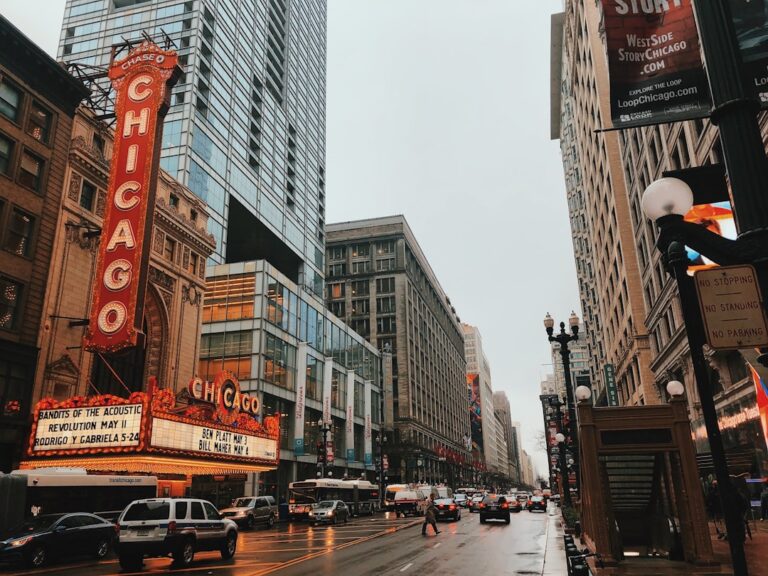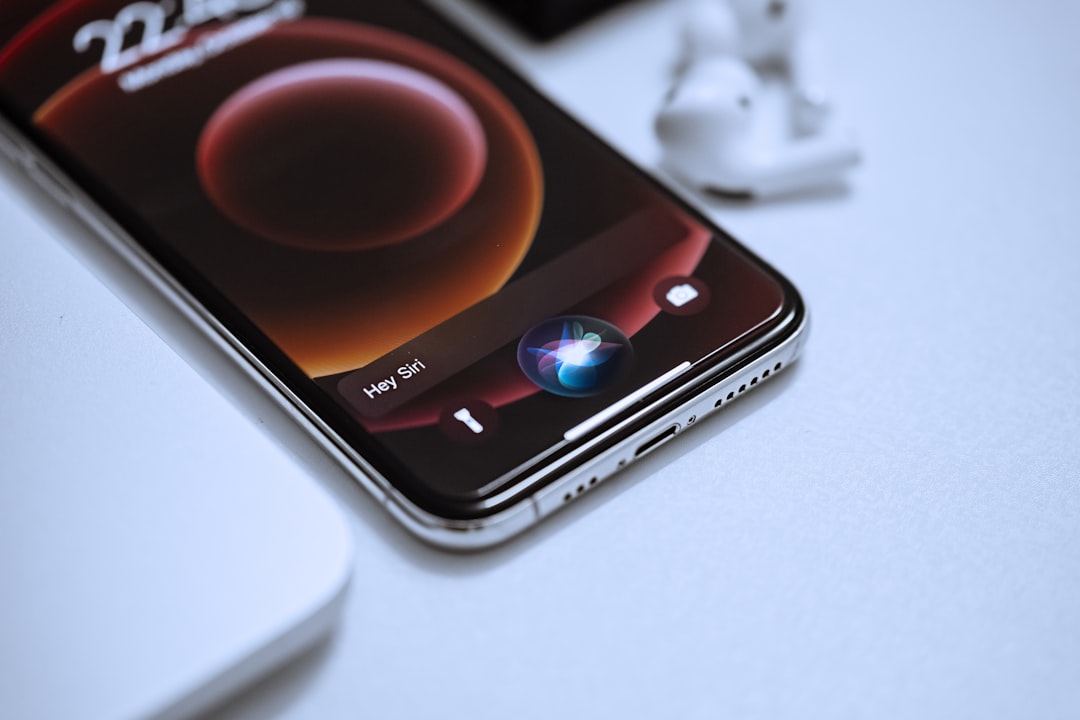Illinois residents facing persistent unwanted phone calls can seek legal help from specialized unwanted call attorneys. These lawyers guide clients through complaints to state and federal agencies, assess legal violations, and take action to protect rights. Documenting call details, including recordings (with consent), is crucial. Filing a complaint with the Illinois Attorney General's Office, backed by expert legal counsel, can effectively stop harassment and safeguard your privacy.
Tired of persistent phone calls that leave you feeling harassed? You’re not alone. Understanding your rights under Illinois’ unwanted call laws is crucial. This guide equips Illinois residents with the knowledge to file a complaint against intrusive phone calls effectively. From identifying violators to gathering evidence and knowing your legal options, we’ll walk you through each step. Equip yourself with the facts and connect with trusted unwanted call attorneys in Illinois for professional assistance when needed.
Understanding Unwanted Call Laws in Illinois

In Illinois, the Illinois Communications Act and the Telephone Consumer Protection Act (TCPA) regulate unwanted calls. These laws protect residents from receiving harassing or abusive phone calls, including automated or prerecorded messages, without their consent. If you’re facing persistent unwanted calls, understanding your rights under these laws is essential.
Unwanted call attorneys in Illinois can guide you through the process of filing a complaint with relevant authorities, such as the Illinois Attorney General’s Office and the Federal Communications Commission (FCC). These legal experts can help determine if the calls violate state or federal law and assist in pursuing legal action against the culprits, ensuring your rights are protected.
Gathering Evidence for Your Complaint

When filing a complaint about unwanted calls, gathering evidence is crucial. Note down the dates, times, and frequency of each intrusive phone call. Keep a log of the caller’s information, including any identifying details shared during the interactions. Additionally, record any text messages or voicemails left by the unknown callers as these can serve as compelling evidence in your case.
Consider using call recording apps or devices to capture the conversations if permitted by law. In Illinois, it’s important to remember that both parties must consent to a recorded conversation for it to be admissible in court. Engage with unwanted call attorneys in Illinois who specialize in such cases to better understand your rights and options. They can guide you through the process, ensuring your evidence is properly documented and used effectively during legal proceedings against persistent or harassing callers.
Taking Action: How to File and What to Expect

Taking action against unwanted calls is a crucial step in protecting your privacy and putting an end to persistent harassment. If you’re experiencing a high volume of nuisance calls in Illinois, it’s time to consider legal options. The first step is to gather evidence—note down the call details, including dates, times, and any specific patterns or messages left by the callers. This information will be vital when filing your complaint with the appropriate authorities.
In Illinois, you can file a complaint with the Attorney General’s Office, which has a dedicated Consumer Protection Division. They offer resources and assistance for consumers facing various issues, including unwanted calls. Expect a thorough review of your case, as they investigate the matter and may reach out for additional information. Engaging unwanted call attorneys in Illinois can also expedite the process and increase the chances of a favorable outcome, ensuring your rights are protected.






